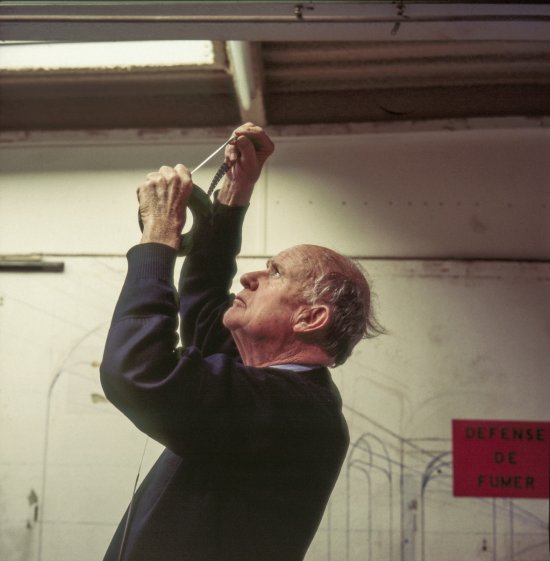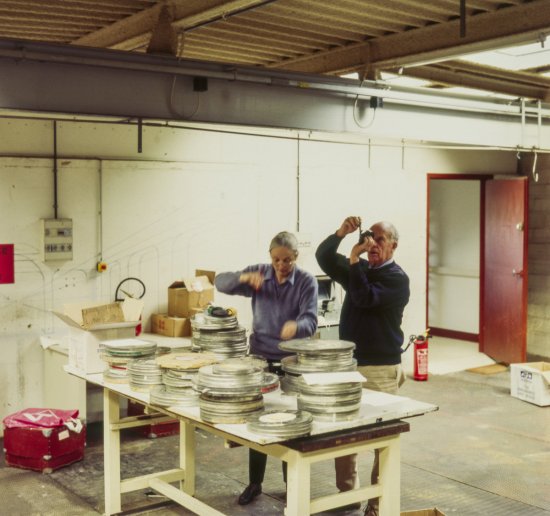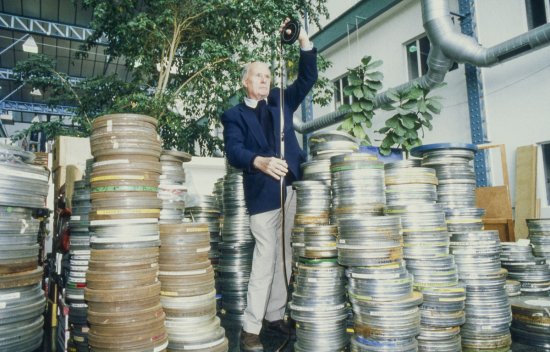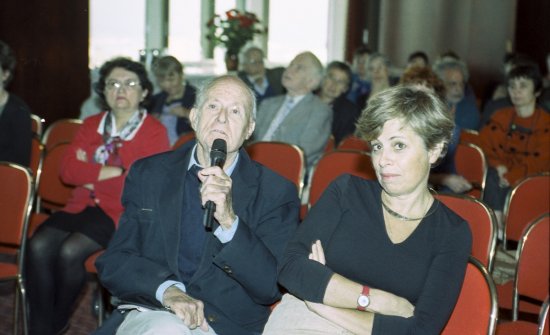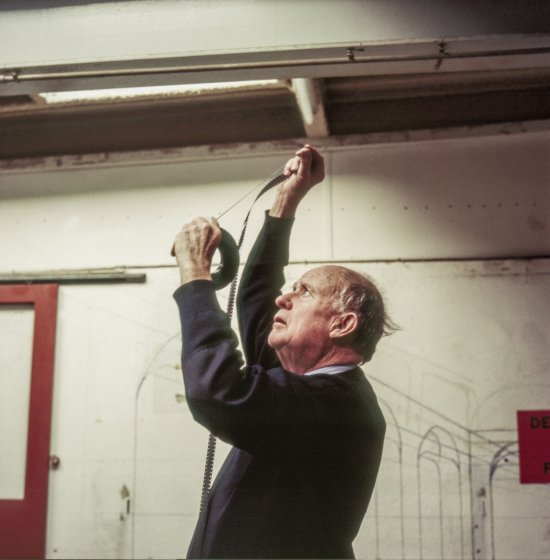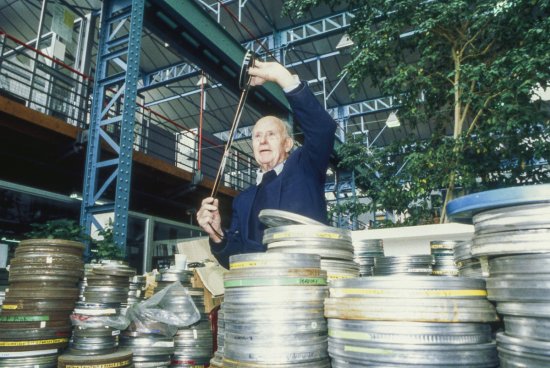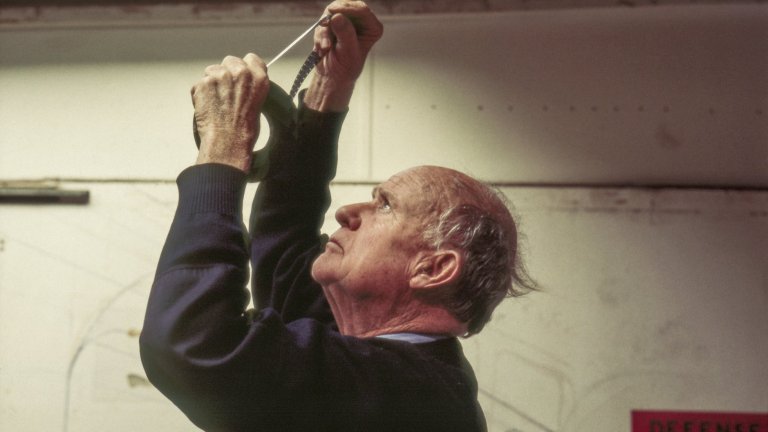
Archives
Jean Rouch, an anthropologist filmmaker
A pioneer in the field of ethnographic filmmaking, and an expert on Africa, Jean Rouch spent decades travelling across the entire continent, shining a light on African cultures. Here we look back at the life and works of this revolutionary filmmaker.

Director of the Cinémathèque Française, a researcher at CNRS, and General Secretary of the Comité du film ethnographique, Jean Rouch is a pivotal figure in the history of ethnographic filmmaking. He applied a ground-breaking technique and a highly personal approach to fieldwork, which Jean-Luc Godard described as sending shockwaves through French filmmaking.
He was working as a French colonial civil engineer when he began to see Africa through the eyes of the ethnographer. Using a small hand-held 16mm camera, he documented the fascinating and intriguing mythologies of Africa, creating a new style of documentary filmmaking which he himself called "direct cinema".
Holding his camera at shoulder-height, to film in the thick of action, Jean Rouch’s films are characterised by long sequence shots, usually with a pared-down commentary explaining what he was filming in a bid to be as precise and objective as possible.
Although his early documentary films were seen as shocking, attracting fierce criticism for transgressing limits and being too violent for French audiences at the time, Jean Rouch continued to make his ethnographic, sociological and "ethno-fiction" documentaries of the people he met. Influenced by Surrealism, by the works of Marcel Griaule in Dogon country, in Mali, and drawn to the underlying rules of inspiration and intuition, he captured the processes of change on the African continent on film, mirroring them against the changes taking place in French society.
Going much further than scientific necessities or institutional constraints, Rouch was fully conscious of the fact that he was constructing his own body of work, providing fuel for debate in the field of modern anthropology, as well as new forms of cinematographic "writing" that would inspire French New Wave filmmakers.
With a string of awards to his name, including Venice, Cannes and Berlin, Jean Rouch died in 2004 at the age of 86, in a car accident in Niger, his adopted country. French newspaper Le Monde dubbed him the "White sorcerer of Africa and of filmmaking", a reference to the enthusiasm inspired by his films in cinemas across Africa, where he was seen as a true pioneer. Here we invite you to (re)discover some of his most influential works.
CNRS Images,
Our work is guided by the way scientists question the world around them and we translate their research into images to help people to understand the world better and to awaken their curiosity and wonderment.
